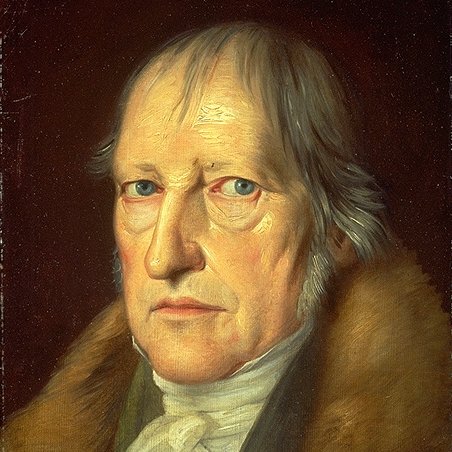Classical German Philosophy
Research
-
- AI4CH
- Interdepartmental Research Center on Ancient Medicin (RIMA)
- Interuniversitary Center for Hungarian Studies and for Studies on Central and Eastern Europe (CISUECO)
- Center for Audiovisual Research and Processing (CREA)
- Screenplay Research Center
- Research Center for Languages and Their Applications (CERLA)
-
- Piano Strategico di Ateneo
- Dipartimento di Eccellenza
- Archivi biblioteche edizioni
- Digital Humanities e Intelligenza artificiale
- Ricezione, memoria, storia del pensiero e della società
- Nuove tecnologie per i beni artistici, architettonici, archeologici e monumentali
- Polo Media Lab
- Territorio, formazione, società


F. Voßkühler claimed that German idealism represents the "metaphysics of modernity", and we believe that this definition is to be understood in two ways: on the one hand, in the sense of a knowledge that still structures and underpins our way of thinking but also, on the other, in the sense of a knowledge that has been, or has to be, rethought and re-contextualised. This makes it necessary to deal with the thoughts of philosophers such as Fichte and Hegel: understanding not only their solutions, but also their difficulties. Today, this means understanding the margins within which Philosophy can and must rethink its own epistemological status.




